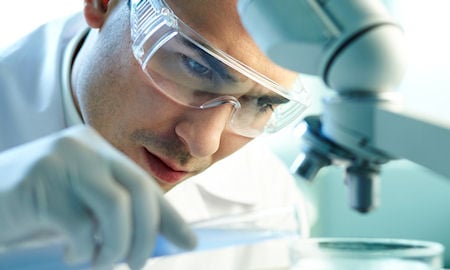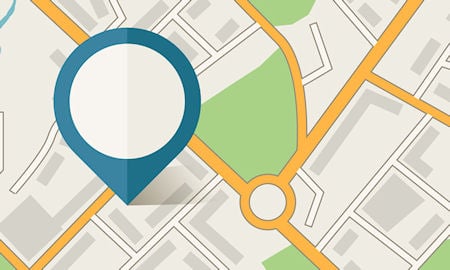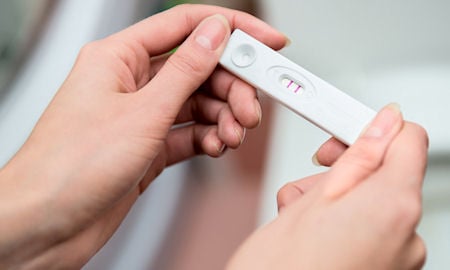
Building Families for All
Transcript
Many people require fertility assistance. This includes men and women with infertility, many LGBTQ individuals, and single individuals who desire to raise children. Single males have the option of an egg donor cycle with a gestational carrier or an embryo donation cycle with a gestational carrier.
Heterosexual couples have the following fertility treatment options. Fertility medicine with intrauterine insemination, in vitro fertilization, egg donor, embryo donation, and gestational carrier cycles. Single females have the options of donor sperm insemination, in vitro fertilization, and embryo donation.
Same-sex male couples have the options of an egg donor cycle with a gestational carrier, or an embryo donation cycle with a gestational carrier. Same-sex female couples have the option of donor sperm insemination, in vitro fertilization, and embryo donation cycles. The insemination cycle involves inserting prosthesis motile sperm into the uterus, giving the sperm a boost to be closer to the egg and to increase fertilization rates.
In vitro fertilization is the process where sperm and egg are fertilized outside of the body and embryos are grown or cultured before putting back into the body. Embryo donation involves adopting embryos, either anonymously or known, for future frozen embryo transfer. Egg donation involves a process when one person, a donor, provides eggs to another.
Gestational carrier involves a person carrying the baby for another person or persons. Donor egg cycles, donor sperm cycles, and gestational carrier cycles have exponentially increased in the United States since 2000. This technology is helping to build families.

